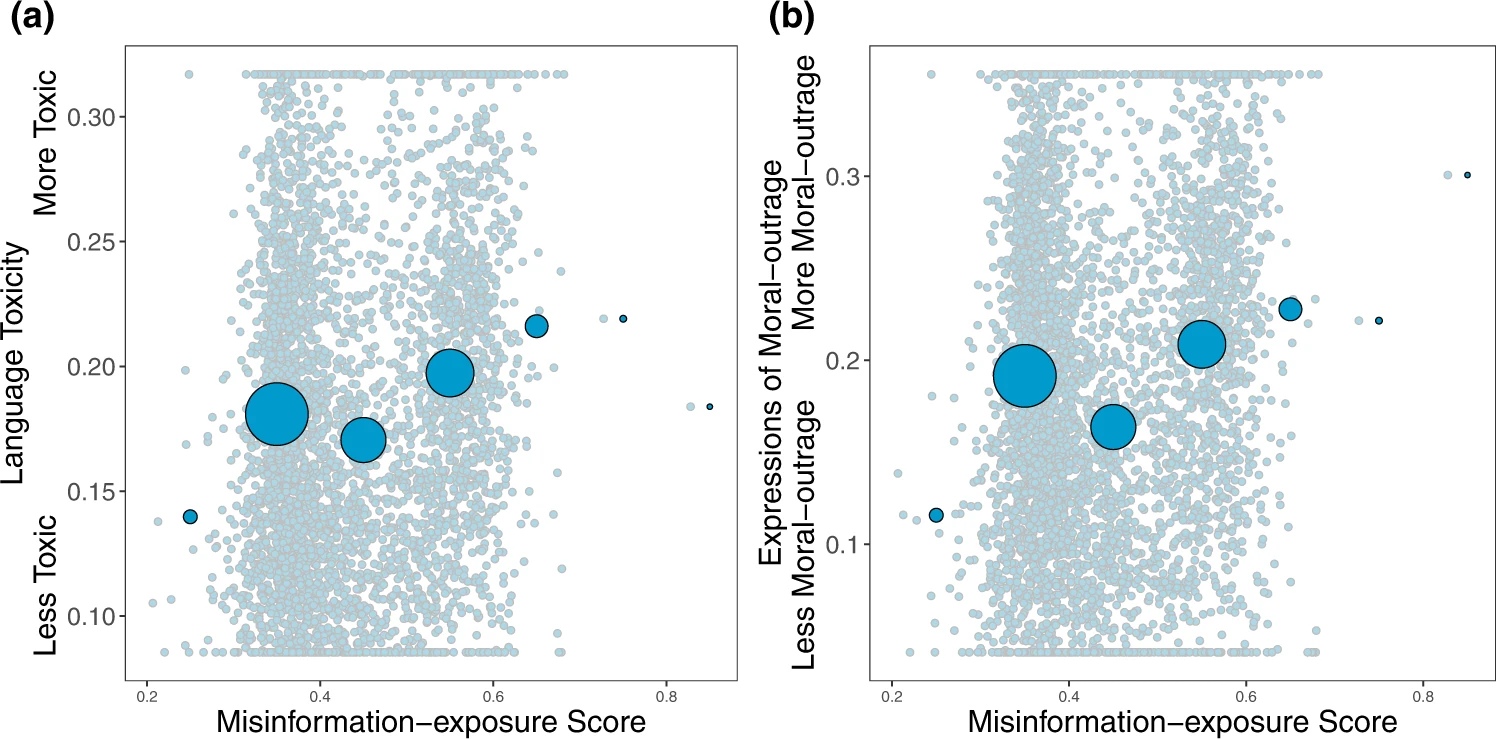Google translation:
The sheer quantity exceeds the possibilities of book publication, the complex, multidimensional structure of a networked information base cannot be reproduced in print, and finally the dynamic of a constantly growing and constantly correcting material does not fit into the rigid rhythm of book production, in which each expanded and corrected new edition is associated with an incalculable amount of effort. A book publication could only offer a snapshot of such a database, reduced to a specific perspective. This too can be very useful from time to time, but it does not solve the problem of publishing the entire material.
While the writing criticism of "dumping out one's zettelkasten" into a paper, journal article, chapter, book, etc. has been reasonably frequent in the 20th century, often as a means of attempting to create a linear book-bound context in a local neighborhood of ideas, are there other more complex networks of ideas which we're not communicating because they don't neatly fit into linear narrative forms? Is it possible that there is a non-linear form(s) based on network theory in which more complex ideas ought to better be embedded for understanding?
Some of Niklas Luhmann's writing may show some of this complexity and local or even regional circularity, but perhaps it's a necessary means of communication to get these ideas across as they can't be placed into linear forms.
One can analogize this to Lie groups and algebras in which our reading and thinking experiences are limited only to local regions which appear on smaller scales to be Euclidean, when, in fact, looking at larger portions of the region become dramatically non-Euclidean. How are we to appropriately relate these more complex ideas?
What are the second and third order effects of this phenomenon?
An example of this sort of non-linear examination can be seen in attempting to translate the complexity inherent in the Wb (Wörterbuch der ägyptischen Sprache) into a simple, linear dictionary of the Egyptian language. While the simplicity can be handy on one level, the complexity of transforming the entirety of the complexity of the network of potential meanings is tremendously difficult.
